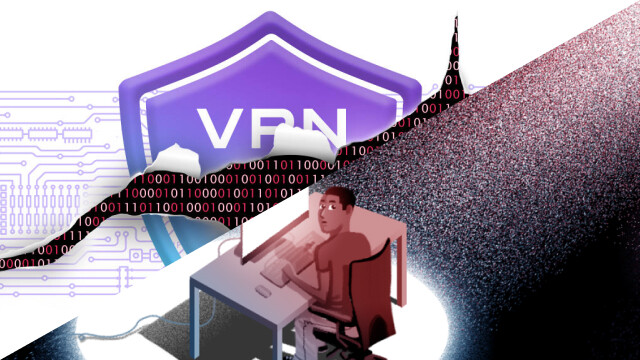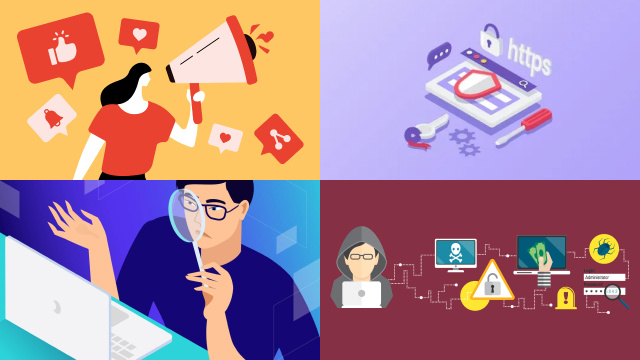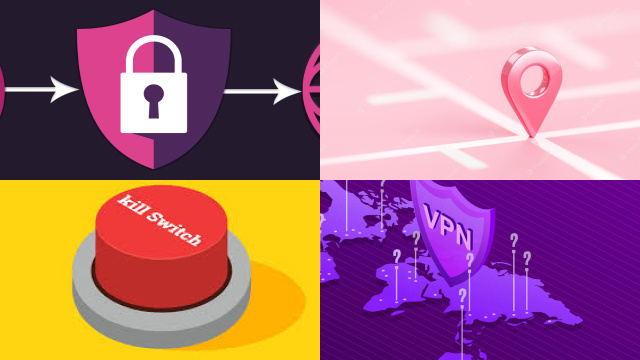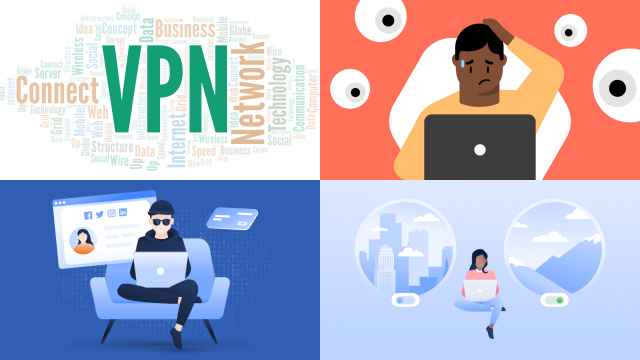Why Cyber Hygiene Matters
maintain the health and security of their digital devices, systems, and networks. It is crucial to practice good cyber hygiene to protect against cyber threats, such as malware, phishing, and data breaches.
In today’s digital age, where technology is increasingly intertwined with our daily lives, cyber hygiene has become more critical than ever before. Failure to maintain good cyber hygiene can result in devastating consequences, including financial loss, reputation damage, and even legal liabilities.

By following basic cyber hygiene practices, such as keeping your software up-to-date, using strong and unique passwords, and being cautious of suspicious emails and links, you can significantly reduce the risk of a cyber attack.
This article will provide top tips for cyber hygiene to keep yourself safe online and help you understand the importance of maintaining good cyber hygiene practices.
Keep Your Software Up-to-Date
Keeping your software up-to-date is an essential aspect of maintaining good cyber hygiene. Software updates often contain critical security patches that fix vulnerabilities that cybercriminals can exploit to gain unauthorized access to your device or network.
Hackers are always on the lookout for weaknesses to exploit, and outdated software is a common target. Failure to update your software regularly can leave your devices and network exposed to cyber attacks.
To keep your software up-to-date, enable automatic updates wherever possible. Many software applications, including operating systems, web browsers, and antivirus software, offer automatic updates as an option. Regularly check for updates manually if automatic updates are not available.
By keeping your software up-to-date, you can significantly reduce the risk of cyber attacks and protect your digital devices and networks from potential security threats.
Use Strong and Unique Passwords
Using strong and unique passwords is an essential aspect of maintaining good cyber hygiene. Passwords are the first line of defense against unauthorized access to your digital devices, systems, and networks.
Hackers can use sophisticated techniques, such as brute-force attacks and password spraying, to crack weak passwords and gain access to your online accounts. Using the same password across multiple accounts can also increase the risk of a data breach if one of the accounts is compromised.

To create strong and unique passwords, use a combination of uppercase and lowercase letters, numbers, and special characters. Avoid using easily guessable information such as your name, birthdate, or pet’s name. Consider using a password manager to generate and store complex passwords securely.
By using strong and unique passwords, you can significantly reduce the risk of a cyber attack and protect your digital assets from potential security threats.
Be Cautious When Using Public Wi-Fi
Using public Wi-Fi can be convenient, but it can also be risky. Public Wi-Fi networks are often unsecured, meaning that anyone with the right tools and knowledge can potentially intercept the data being transmitted between your device and the Wi-Fi router.
Hackers can use a technique called “Man-in-the-Middle” (MitM) attack to intercept your sensitive information, such as passwords and credit card numbers, as you enter them into online accounts. This can result in identity theft, financial loss, and other forms of cybercrime.
To protect yourself when using public Wi-Fi, avoid accessing sensitive information or making online transactions. Consider using a virtual private network (VPN) to encrypt your internet traffic and protect your online activities from prying eyes.
By being cautious when using public Wi-Fi, you can significantly reduce the risk of cyber attacks and protect your digital assets from potential security threats.
Avoid Suspicious Emails and Websites
Avoiding suspicious emails and websites is an essential aspect of maintaining good cyber hygiene. Cybercriminals often use phishing emails and fake websites to trick users into providing sensitive information such as login credentials, credit card numbers, or personal information.
Phishing emails often appear to be from a legitimate source and may include urgent requests or threats to create a sense of urgency in the recipient. Fake websites may also look legitimate, but often contain malicious code that can infect your device with malware.

To protect yourself, be cautious when opening emails or clicking on links, especially if they are from unknown or suspicious sources. Verify the sender’s identity and check for spelling and grammar errors in the email. Look for security indicators on websites, such as a padlock icon or HTTPS in the URL.
By avoiding suspicious emails and websites, you can significantly reduce the risk of cyber attacks and protect your digital assets from potential security threats.
Use Antivirus Software and Keep it Updated
Using antivirus software and keeping it updated is an essential aspect of maintaining good cyber hygiene. Antivirus software helps protect your device from malware, such as viruses, worms, and Trojan horses, that can compromise your data and steal sensitive information.
Antivirus software works by scanning your device for malicious code and removing it before it can cause any harm. It can also provide real-time protection by monitoring your device for suspicious activity and blocking potential threats.
To ensure that your antivirus software is effective, it is crucial to keep it updated with the latest virus definitions and security patches. This helps protect your device against new and emerging threats.
By using antivirus software and keeping it updated, you can significantly reduce the risk of cyber attacks and protect your digital assets from potential security threats.
Be Mindful of Your Social Media Footprint
Being mindful of your social media footprint is an essential aspect of maintaining good cyber hygiene. Your social media accounts can contain a wealth of personal information that cybercriminals can use to launch targeted attacks against you.
To protect yourself, be mindful of the information you share on social media. Avoid sharing sensitive information such as your home address, phone number, or date of birth. Review your privacy settings and limit the amount of personal information that is publicly visible.

Additionally, be cautious when accepting friend requests or following unknown accounts. Cybercriminals often create fake profiles to gain access to personal information and launch phishing attacks.
By being mindful of your social media footprint, you can significantly reduce the risk of cyber attacks and protect your digital assets from potential security threats.
Conclusion: Incorporating Cyber Hygiene into Your Daily Routine
Incorporating cyber hygiene into your daily routine is crucial to protect your digital assets from potential security threats. By following best practices such as keeping your software up-to-date, using strong and unique passwords, being cautious when using public Wi-Fi, avoiding suspicious emails and websites, and using antivirus software, you can significantly reduce the risk of cyber attacks.
In addition, being mindful of your social media footprint and regularly backing up your data can also help protect you from potential security threats. It is essential to make cyber hygiene a habit and incorporate it into your daily routine to ensure that you stay safe online.
By taking proactive steps to protect yourself, you can reduce the risk of falling victim to cyber attacks and ensure that your digital assets remain secure. Remember that staying vigilant and informed is key to maintaining good cyber hygiene and keeping yourself safe online.